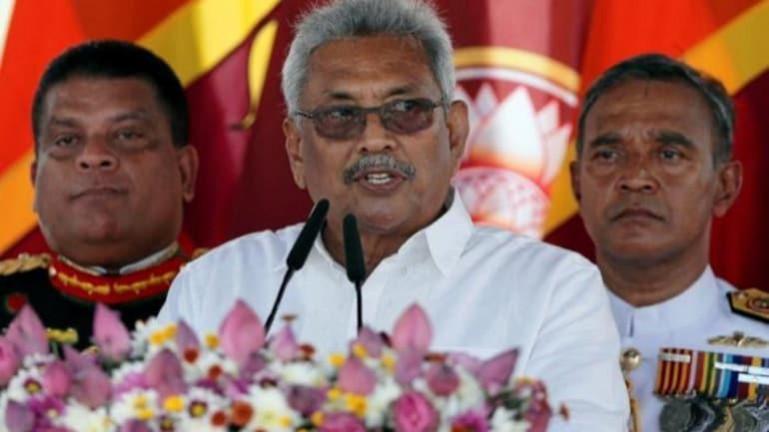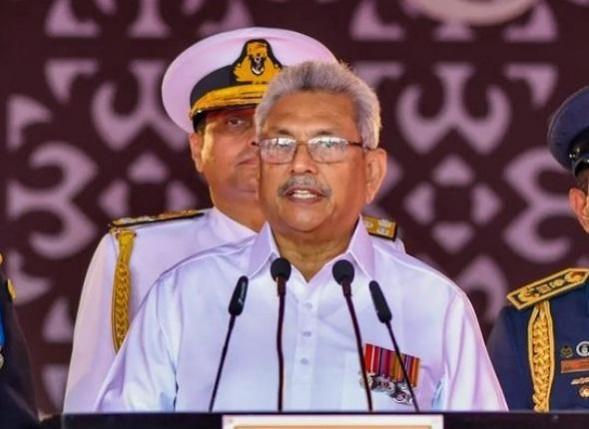With a majority support in doubt in Parliament, President Gotabaya Rajapaksa on Tuesday late night revoked the state of Emergency which he had imposed amid violent street protests demanding him to quit.
Rajapaksa had issued an Extraordinary gazette proclamation imposing Emergency Law on April 1 following strong public agitation blocking the way to his house in Colombo suburbs. To continue the Emergency Law, which provides sweeping powers to the military, it requires majority parliamentary approval after 14 days. With the major coalition parties comprising 41 MPs of Rajapaksa's Sri Lanka Podujana Peramuna (SLPP) announced to remain independent on Tuesday, there is a possibility of the tough law getting defeated in Parliament.

Soon after the government lost the majority power on Tuesday, Tamil National Alliance (TNA), the main Tamil party representing Tamils from the North and East of the island nation, questioned continuity of Emergency regulation.
Thursday's protest near the President's residence amid a major economic crisis with months long queues for fuel, LP gas and 13 hour power cuts and shortage of food and medicine, turned violent with police beating up people and a bus and several other vehicles belonging to the police being torched.

Rajapaska imposed island wide curfew to block Sunday's protests around the country but people got on to the street defying curfew which was in operation.
With continuing protests against his government, President Rajapaksa got his 26-member cabinet to resign and invited the opposition to join hands to form a government which all the opposition parties have declined.














